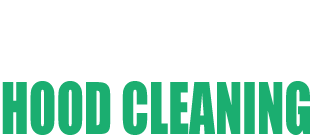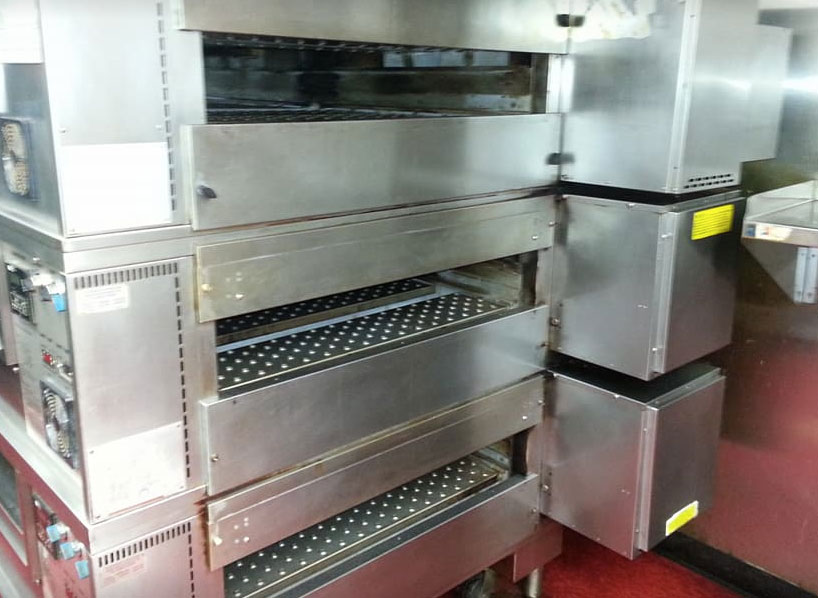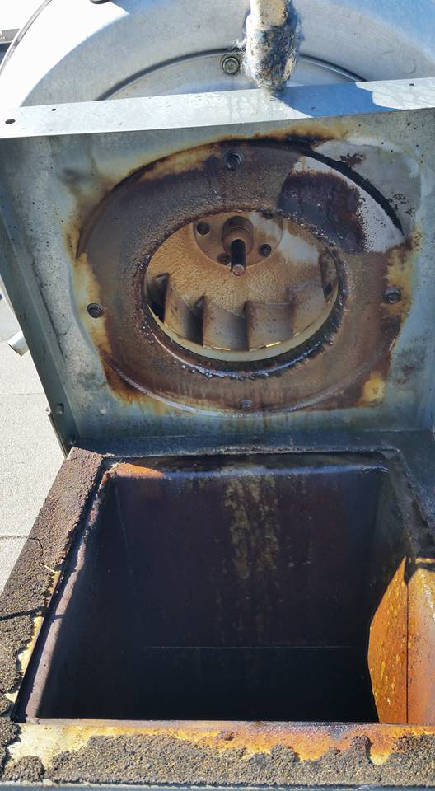The Link Between Hood Cleaning and Energy Efficiency: Cost-Saving Strategies for San Jose Kitchens
Discover the vital link between hood cleaning and energy efficiency in San Jose kitchens. This comprehensive guide outlines cost-saving strategies and expert insights to optimize kitchen hoods for better energy usage and savings.
Introduction
Welcome to the ultimate guide on how hood cleaning can directly impact energy efficiency and save costs in San Jose kitchens. In this article, we will explore the crucial connection between a clean hood and energy conservation, providing you with valuable insights and actionable strategies to enhance your kitchen’s energy performance. By implementing these cost-saving methods, you’ll not only contribute to environmental sustainability but also reduce your utility bills and create a greener future for your kitchen.
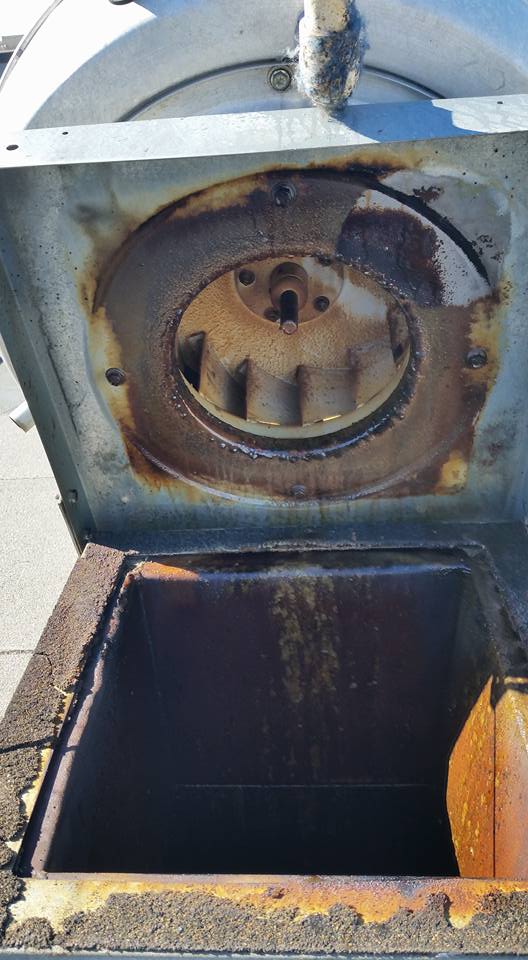
The Link Between Hood Cleaning and Energy Efficiency
Hood cleaning plays a pivotal role in maintaining a well-functioning kitchen exhaust system. As the heart of any commercial kitchen, the exhaust hood is responsible for capturing and removing grease, smoke, and cooking odors from the air. Over time, grease and grime accumulate in the hood, leading to reduced efficiency. But how does this impact energy usage?
Importance of a Clean Hood for Energy Efficiency
A clean hood ensures that the exhaust system operates at peak efficiency, which directly affects energy consumption. When grease builds up, the system needs to work harder to maintain proper airflow, resulting in increased energy usage. Moreover, an inefficient hood may fail to capture all airborne contaminants, leading to compromised indoor air quality and further energy wastage.
Energy-Saving Strategies for Hood Cleaning
- Regular Maintenance and Cleaning Schedule
Develop a structured cleaning and maintenance schedule for your kitchen hood. Aim to clean the hood filters, grease traps, and exhaust fans at least once a month. Regular cleaning ensures optimal airflow, preventing unnecessary strain on the exhaust system and reducing energy consumption. - Invest in Professional Hood Cleaning Services
Consider hiring professional hood cleaning services. Trained technicians have the expertise and equipment to thoroughly clean and degrease the hood, ensuring its optimal performance. By investing in expert cleaning, you can achieve significant energy savings over time. - Use Energy-Efficient Hood Filters
Opt for energy-efficient hood filters that have a high capture efficiency for grease and other airborne particles. These filters not only improve air quality but also reduce strain on the exhaust system, resulting in energy conservation. - Upgrade to Energy-Efficient Exhaust Fans
Modern, energy-efficient exhaust fans can significantly reduce energy consumption while maintaining excellent ventilation. Upgrading to such fans can lead to substantial long-term cost savings. - Implement Variable Speed Controls
Consider installing variable speed controls for the exhaust fans. These controls allow you to adjust fan speed based on cooking demands, optimizing energy usage during peak and off-peak hours. - Explore Heat Recovery Systems
Investigate the possibility of integrating heat recovery systems into your kitchen exhaust. These systems capture and repurpose waste heat, which can be used for preheating water or other kitchen processes, reducing overall energy consumption.
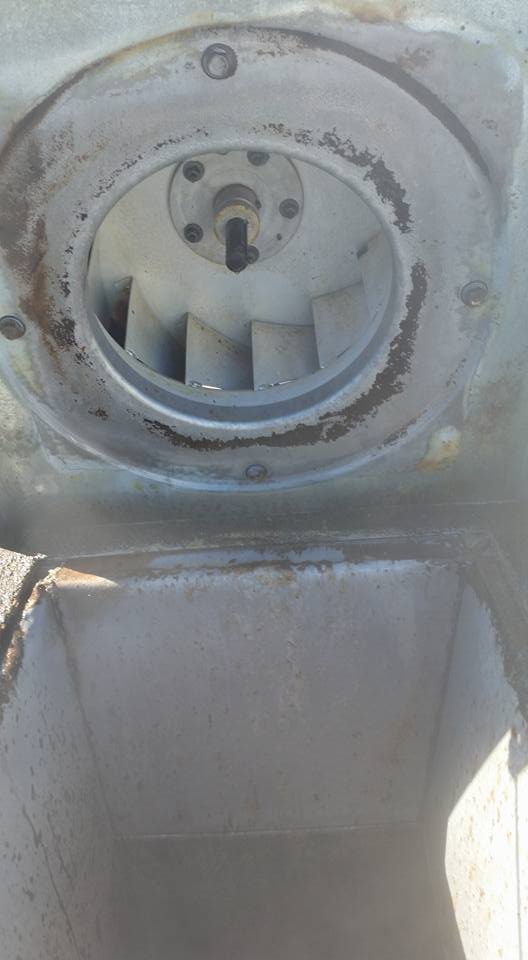
FAQs (Frequently Asked Questions)
Q: How often should I clean my kitchen hood for optimal energy efficiency?
A: To ensure optimal energy efficiency, it is recommended to clean your kitchen hood, filters, and exhaust fans at least once a month. Regular cleaning prevents grease buildup and ensures proper airflow, reducing energy consumption.
Q: Can professional hood cleaning services really help with energy savings?
A: Yes, professional hood cleaning services can significantly impact energy savings. Trained technicians can thoroughly clean and degrease the hood, allowing the exhaust system to operate at peak efficiency, which leads to reduced energy consumption.
Q: What are energy-efficient hood filters, and how do they help?
A: Energy-efficient hood filters have a high capture efficiency for grease and airborne particles. By using such filters, you improve air quality and reduce strain on the exhaust system, resulting in energy conservation.
Q: Are variable speed controls worth installing for exhaust fans?
A: Yes, installing variable speed controls for exhaust fans is worth it. These controls allow you to adjust fan speed based on cooking demands, optimizing energy usage during different hours of operation.
Q: How can heat recovery systems benefit my kitchen’s energy efficiency?
A: Heat recovery systems capture waste heat from the exhaust and repurpose it for preheating water or other kitchen processes. By doing so, they help reduce overall energy consumption and contribute to cost savings.
Q: Is it possible to achieve both energy efficiency and cost savings through hood cleaning?
A: Absolutely! By adopting the energy-saving strategies mentioned in this guide, you can enhance your kitchen’s energy efficiency and achieve significant cost savings in the long run.
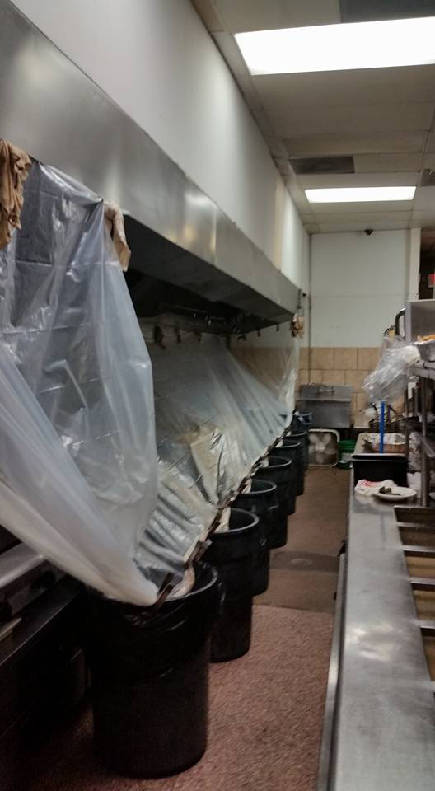
Conclusion
Congratulations! You are now equipped with valuable knowledge about the link between hood cleaning and energy efficiency in San Jose kitchens. Remember, a clean hood not only ensures a healthier and safer environment but also leads to substantial energy savings. By adhering to regular cleaning schedules, investing in professional services, and considering energy-efficient upgrades, you can create a kitchen that is not only cost-effective but also environmentally friendly.
Make the most of these cost-saving strategies and contribute to a greener, more sustainable future for your kitchen. Together, we can build a cleaner and energy-efficient world, one hood at a time.
